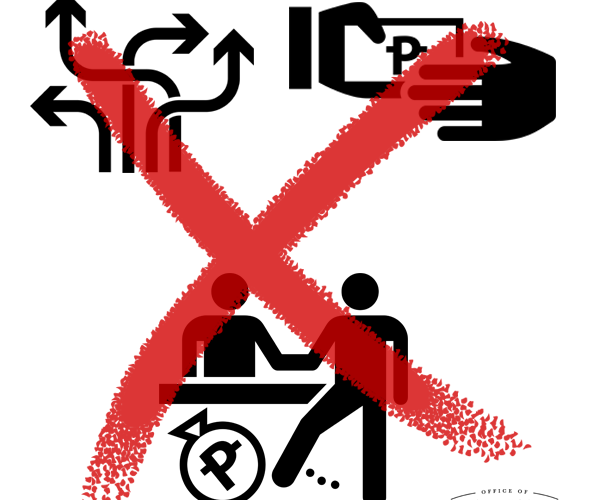FDA Circular to Boost Small Food and Cosmetics Businesses– Sen. Bam
The release of Food and Drugs Administration’s simplified rules and regulations will make it easier for cosmetics micro enterprises to legitimize their status and enter the formal economy, according to Senator Bam Aquino.
“Micro entrepreneurs are having a difficult time expanding because they have no appropriate FDA approval that will vouch for the safety of their products,” said Aquino, chairman of the Senate Committee on Trade, Commerce and Entrepreneurship.
With the release of FDA Circular No. 2014-024, the senator said small businesses can now enter the formal market, giving them a better chance of expanding their business.
The FDA circular makes it simpler and easier for micro enterprises to apply for license to operate (LTO) and market authorization for their products, in accordance in with the recently passed Republic Act 10644 or the Go Negosyo Act.
“With the new and simplified process of FDA registration, our small businesses will be able to expand and grow,” Aquino said.
The Go Negosyo Act mandates the creation of Negosyo Centers, under the Department of Trade and Industry (DTI), in each city and municipality around the country that will make it easier for entrepreneurs to register and start up their businesses, as well as gain access to sources of financing.
In addition, the Negosyo Centers will provide courses and development programs, training, advice on business conceptualization and feasibility, financing, management, capability building, human resources, marketing and other support services.
The FDA circular said the process of application and approval are made simple and compatible with the Department of Trade and Industry (DTI) and local government units,
In addition, the circular will be consistent with the objectives of the Go Negosyo Act, Magna Carta for MSMEs and the Barangay Micro Business Enterprises Act of 2002.
The circular will apply to all micro enterprises engaged in the manufacture and distribution-wholesale of cosmetic products such as fragrance and toiler or bath soap as well as laundry and dishwashing soap bars, and other related products.
Micro enterprises involved in the manufacturing of processed food products are also covered by the circular.


Recent Comments